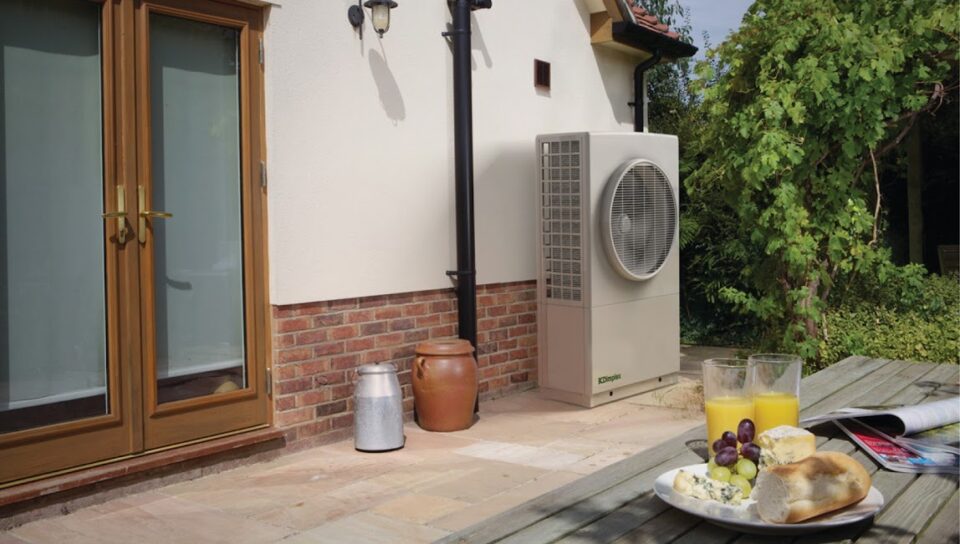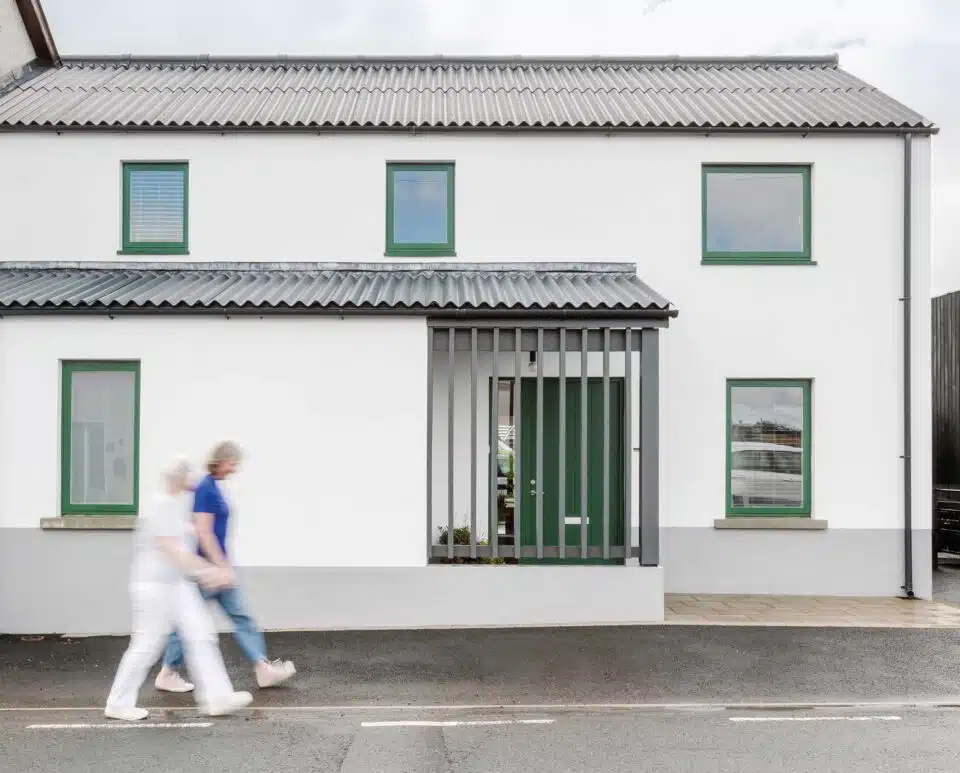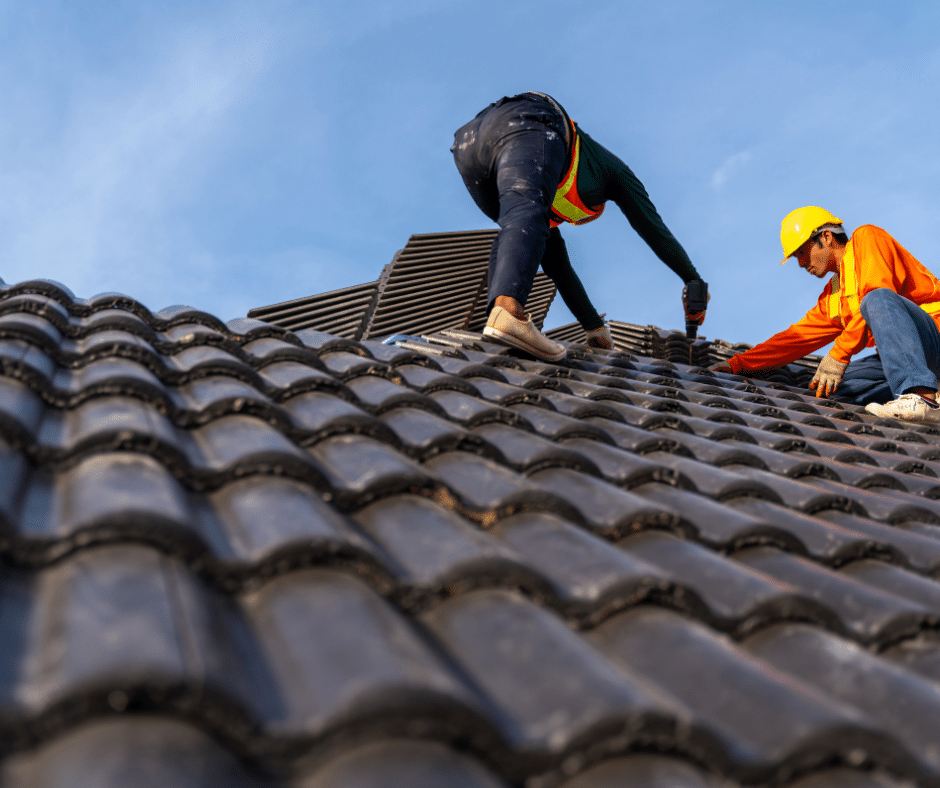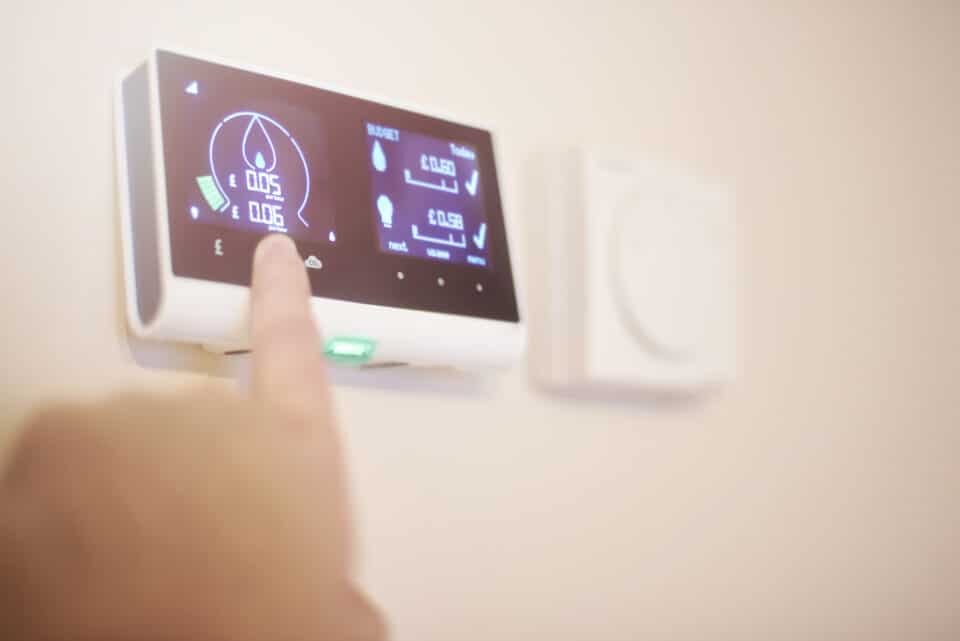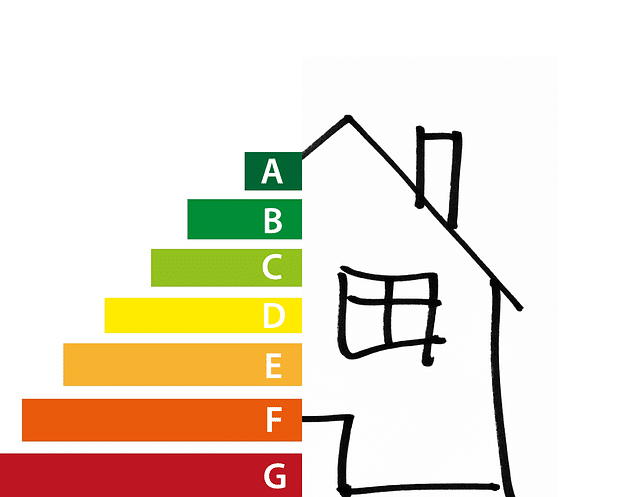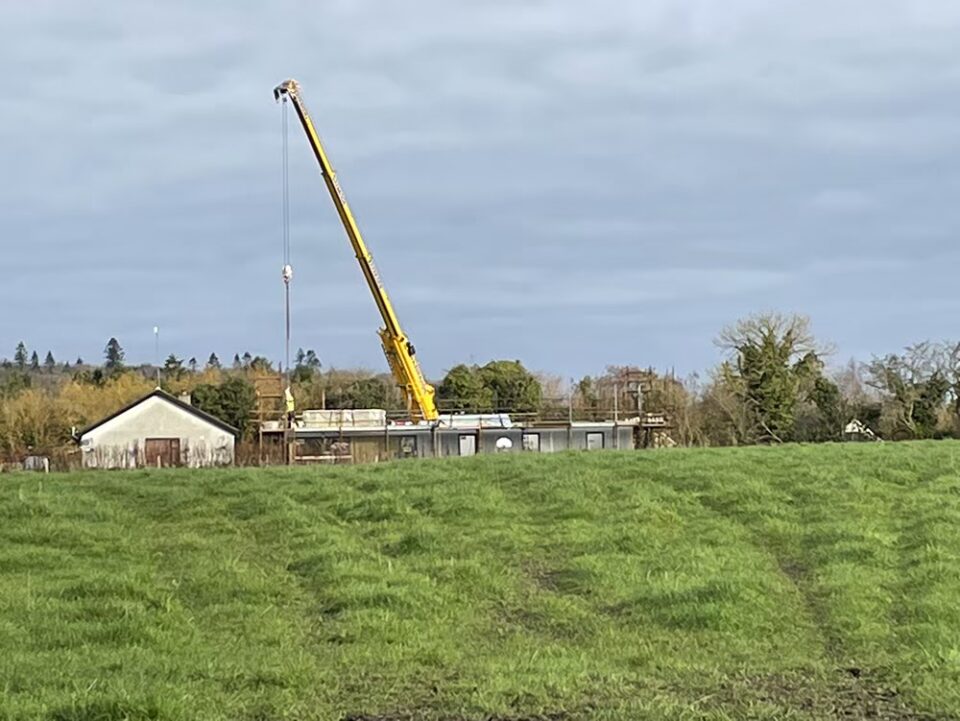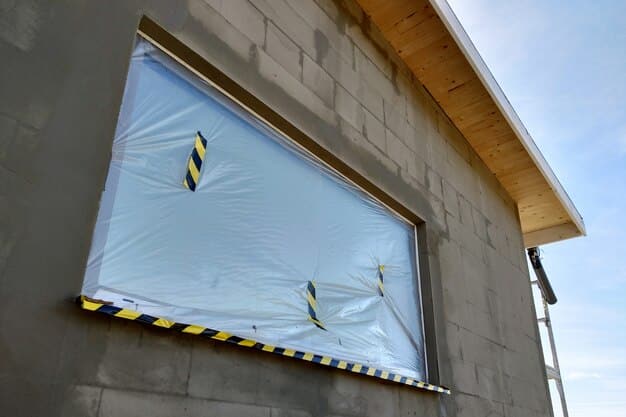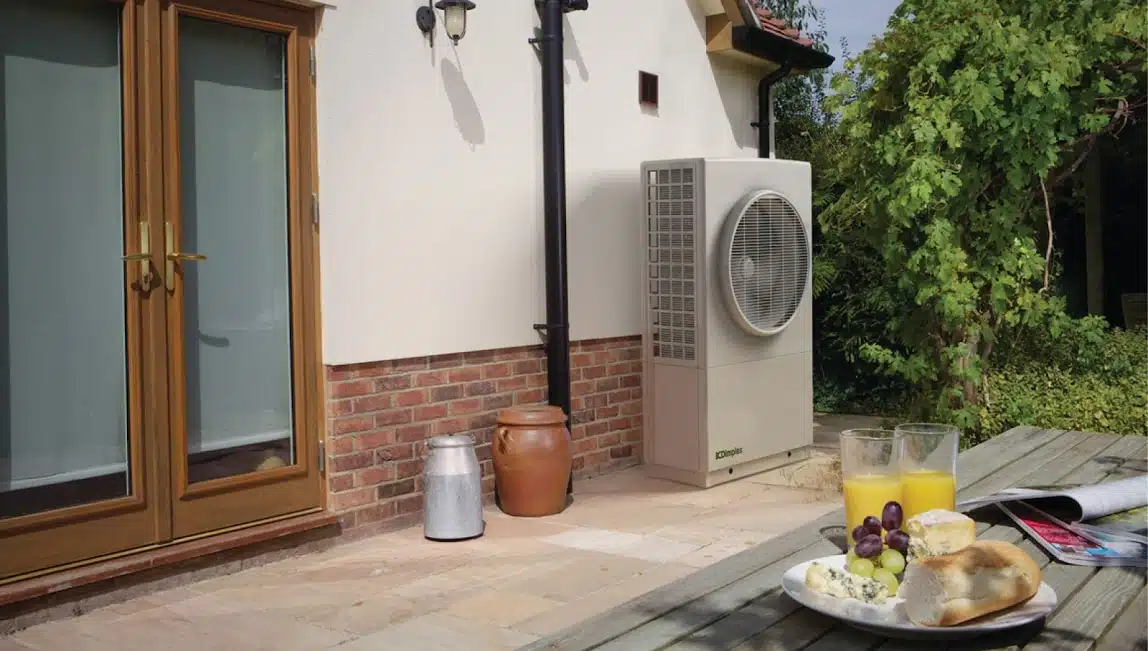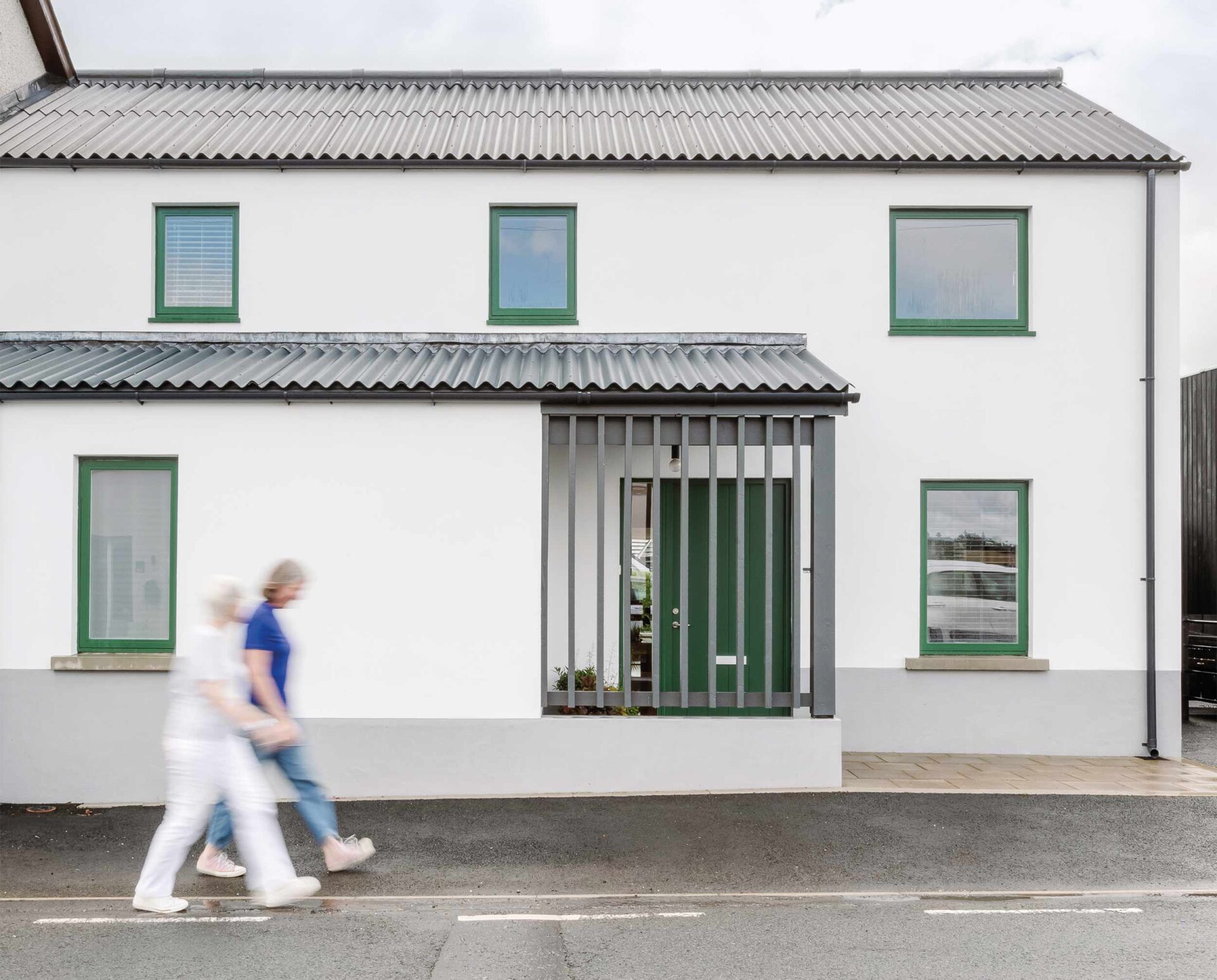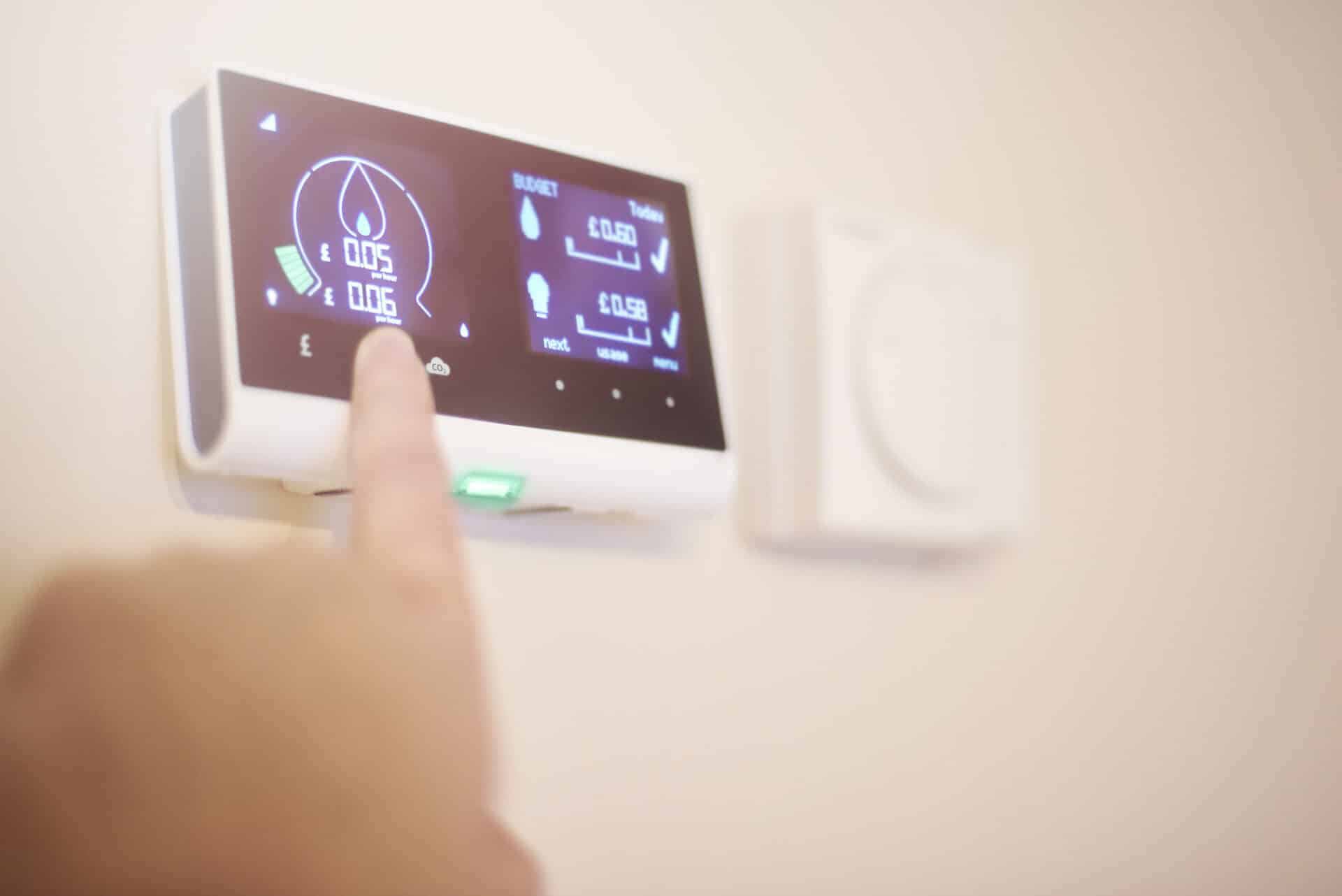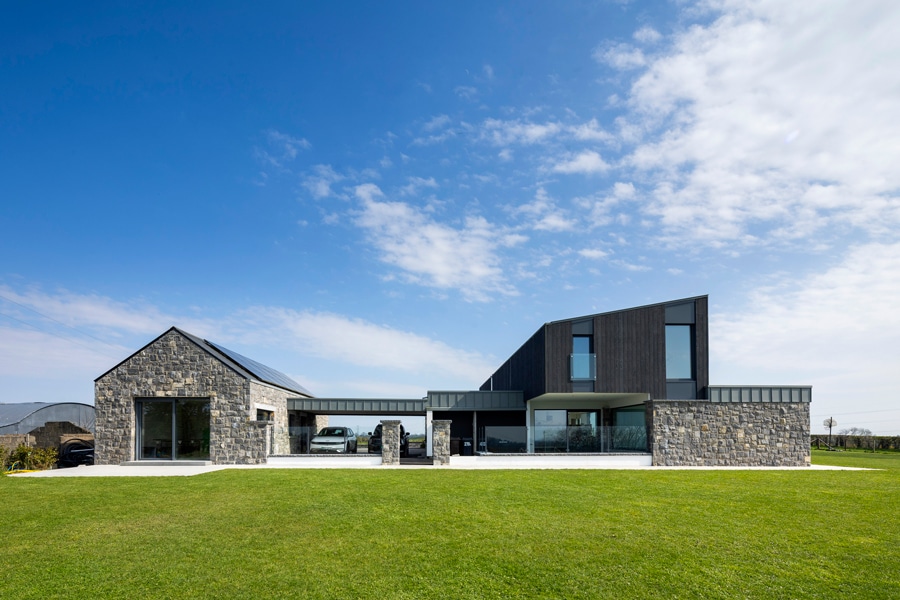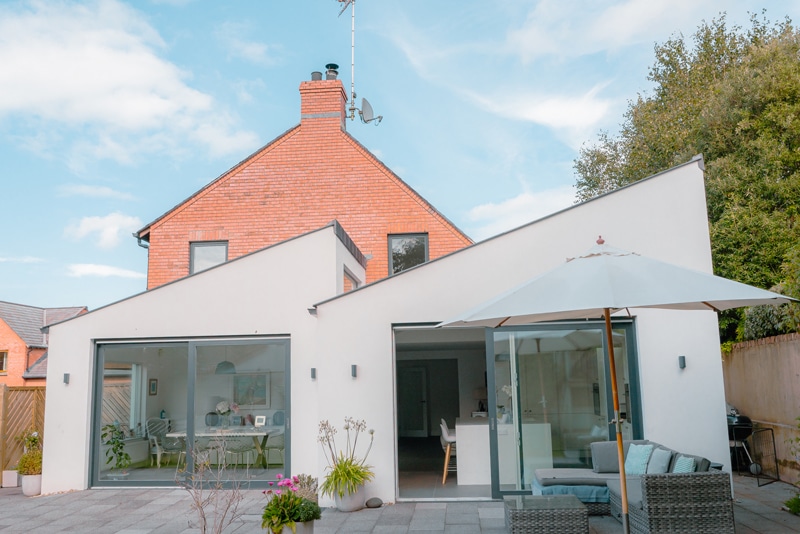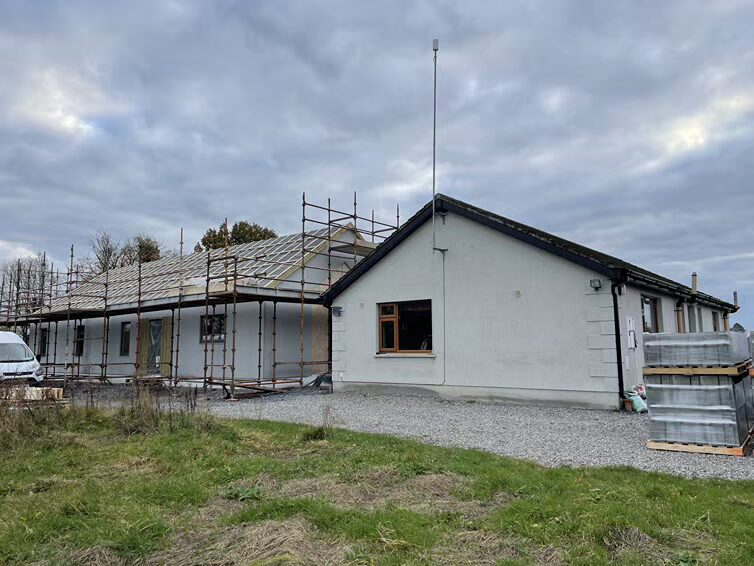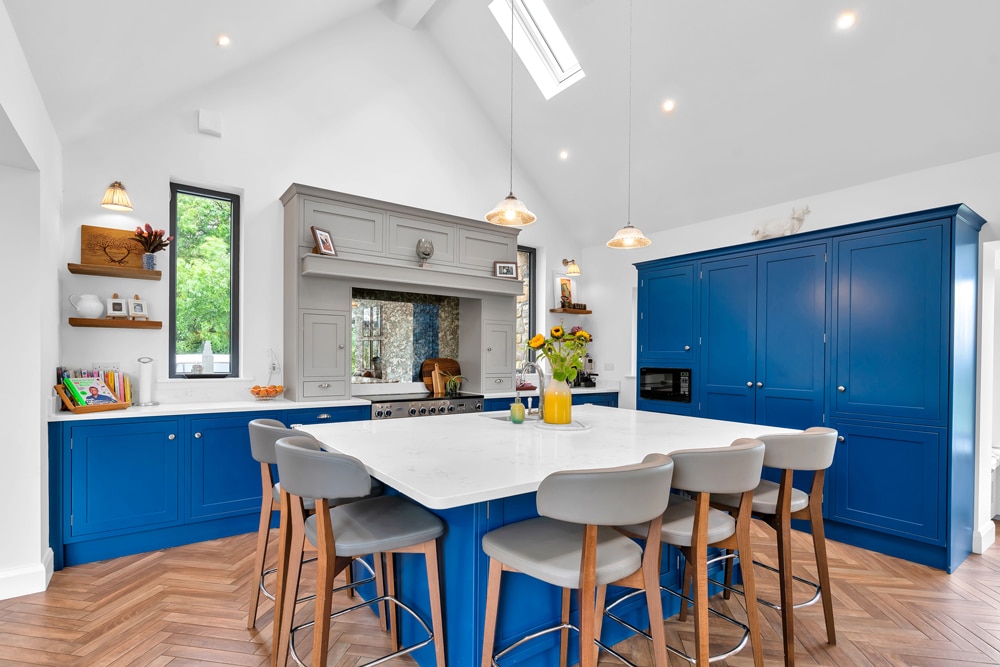Q: What is a self-build?
A: At Selfbuild we consider anyone undertaking significant work on their home or building new, to be a self-builder.
The build route can be a mix of DIY and tradesmen, tradesmen project managed by the homeowner (direct labour), a mix of a contractor and tradesmen, contractor-led, or turnkey.
As a self-builder you can have either a lot or very little to do with the project, getting stuck in or leaving the logistics to a professional project manager – some people specialise in this line of work but building designers such as architects, technologist, engineers or building surveyors, can also carry out this role for you.
For an overview of the self-build process check out the Selfbuild Journey.
Q: How can Selfbuild help with my project?
A: At SelfBuild Ireland we specialise in helping people either build or improve their home via our exhibitions, magazines and online resources.
Through these channels Selfbuild is designed to cut through the noise and deliver what matters, whether that be innovative ideas, services, new products, projects or the basics in building or renovating a dream home.
Q: Does Selfbuild Ireland cover both Northern Ireland and the Republic of Ireland?
Yes, our content covers the 32 counties; when we refer to the Republic of Ireland the abbreviation is ROI and for Northern Ireland it’s NI.
Q: Can you recommend any suppliers?
A: We are unable to recommend companies. We do, however, organise the Selfbuild Live events in Dublin (February), Belfast (September), Connacht (November) and Limerick (January) for you to meet companies face to face and chat to their experts.
We also have set up a Facebook group for self-builders to share advice and information; you can join here.
Q: Can you provide cost information for my build?
A: Yes, our Build Cost Hub offers a series of articles dealing with build costs, alongside sample bills of quantities and current build costs.
Remember that every single self-build project is bespoke. Quantity surveyors (professionals specialised in costing projects) are at pains to say that averages are fine to give you a ballpark figure but in reality aren’t much use because what it will actually cost you to build or renovate your home will depend upon the specific site/location, design and a myriad of other variables, not to mention the going rates in your area.
Q: Are there any hidden costs in building a house?
A: Yes, there are several hidden costs in building a house that you should be aware of, from the many fees you will have to pay to unforeseen costs relating to the site itself.
Q: Are there any loans I can get for self-building?
A: Most homeowners finance their new build or extension project with a self-build mortgage. Loans are also available, at preferential rates for those renovating or upgrading the energy efficiency of their home.
Q: How/where do I apply for planning permission?
A: In NI and ROI your local authority will process your planning application and there will be fees attached. It usually pays to get advice from a local architect or designer who will know their way around the system. Remember that your other statutory obligations include building control regulations and health and safety.
Q: How/where would I find a reputable architect?
A: This is one of the most important parts of the process; tips to select the right person for the job here.
Q: Are grants available for new builds?
A: There are very few grants for new builds. We have an overview of grants and other supports for NI and ROI here. The rule of thumb is that grants are usually for existing buildings. The reasoning behind this is that new builds must abide by the building regulations, which guarantee a high energy standard and good practice in other areas as well.
Did you know? Selfbuild+ subscribers can put their questions to [email protected] for publication in the magazine (anonymously if you wish).


